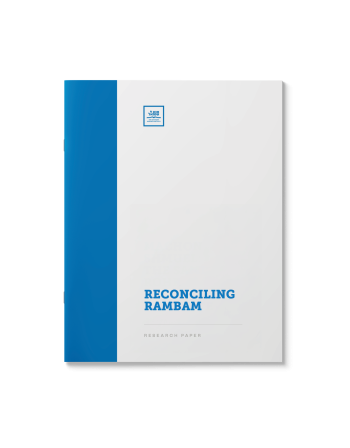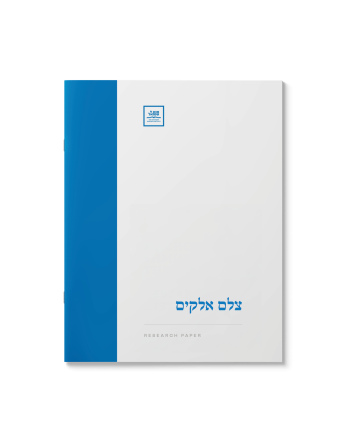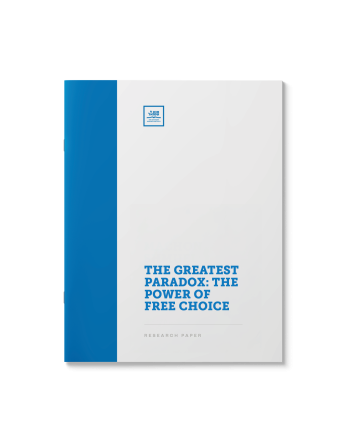Prosperity of the Wicked (Sources)
$39.00
“Why do the wicked prosper?” (Jeremiah12:1) This question has troubled the faithful from the times of Job and Jeremiah until today. Ought our faith in an unknowable G-d be weakened when witnessing the prosperity of the wicked? A smorgasbord of classic approaches.
(Hebrew)
| Language | English |
|---|---|
| Paper Type | Sources |
| Pages | 22 |
Related Products
How did man come to possess the arts of the occult? What is the scope of their influence over reality? How were they transmitted and shared? Are they still in existence?
In what way are Kabbalistic practices to be distinguished from the occult? Our tradition tells of sages who used the secrets of Kabbalah to manipulate the powers of creation. Does this fall under the same rubric?
Related: Bones and Broomsticks: Sorcery in the Torah Part I
How can we reconcile the fact that the length of a person’s life is predetermined by G-d and those behaviors that can shorten one’s life? Do we have any control over life expectancy? How much significance ought one give to medical intervention in terms of lengthening life?
The human soul has always sensed the presence of a greater power. Yet the “G-d of Concealment” has somewhat evaded logical discovery.
Study some of the classic proofs for the existence of the Creator as presented by classic Jewish Philosophers (R. Saadya Gaon, Rambam, R’ Bachye ibn Paquda, Ralbag and others), the challenges presented by some more modern authors (including Hume, Kant, Neizche, Darwin and Dawkins) and some of the responses offered to their ideas.
Including a summary and some suggested readings.
The Rambam is known as the “Great Eagle” of Torah scholarship because of his incisive logic, brilliant analysis, masterful organization and a host of other attributes. But as inseparable components of Torah, synthesizing the halachic teachings of the Mishneh Torah and the philosophical positions of the Moreh Nevuchim, can be perplexing.
We present a review of the unique approach of the Lubavitcher Rebbe to the discrepancies between some of Rambam’s philosophical writings and traditional Halachic thinking. The Rebbe presents a coherent profile of a Rambam you may have not yet met.
In recent decades, thousands of Jews have gravitated to the East in pursuit of spiritual enlightenment. More recently, several Eastern Practices have been secularized, popularized, and repackaged as physical and meditative exercises. Does this make them kosher? Which practices are problematic and should be avoided? And what was the Rebbe’s response to the popularization of Yoga and Transcendental Meditation back in the ’70s?
(67 pages)
Submitted by a Shliach in New York
Our Sages teach that the passing of the righteous serves to pardon the misdeeds of the generation. Does actual penitence on the part of the people play any role in the forgiveness that is granted? Is this associated, in any way, with the date of the passing of the righteous individual?
When tragedy strikes, we
struggle to understand G-d’s ways. Is it ok to openly challenge Him? Is it a
sign of deep belief or deep blasphemy? What about the Jewish greats, Moses at
their head, who brazenly questioned G-d? This paper is a comprehensive study of
the acceptable Jewish response to death, tragedy and pain.
The belief that the world is created and sustained by G-d at every moment is commonplace. Recently some have challenged the assumption that this is the classical understanding of mainstream Jewry. Is he correct?
כי בצלם אלקים עשה את האדם. האומנם? והרי אינו שייך ציור גופני אצל הקב״ה ח״ו? להלן חקר ועיון תמציתי משלל הפירושים שנאמרו בזה על ידי מפרשי המקרא, הוגי מחשבת ישראל, ומאורי הקבלה והחסידות.
If an omniscient G-d already knows what our future holds,
how is it possible to have free will? Known as the clash of yediah and
bechirah, this paradox has gripped scholars for millennia. This paper explores
the ongoing debate.
Hashgachah Pratis literally means, “Personal divine providence.” This refers to the ever-present eye of G-d that watches and directs our every step. Where did this concept originate from? Who coined the term? Once the world has been created by G-d, why is it necessary for Him to continue to “manage” my life? How is free choice to be reconciled with Divine Providence?
“If you are righteous, what do you give Him?” (Job 35:7)
It is axiomatic that mortal actions are completely insignificant to an infinite creator. Yet the Torah provides examples of where human actions set off a chain reaction throughout the cosmos, affecting the supernal realms or reality. What are some of these examples, and how should they be understood?
(Hebrew)


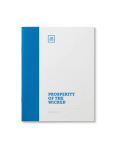
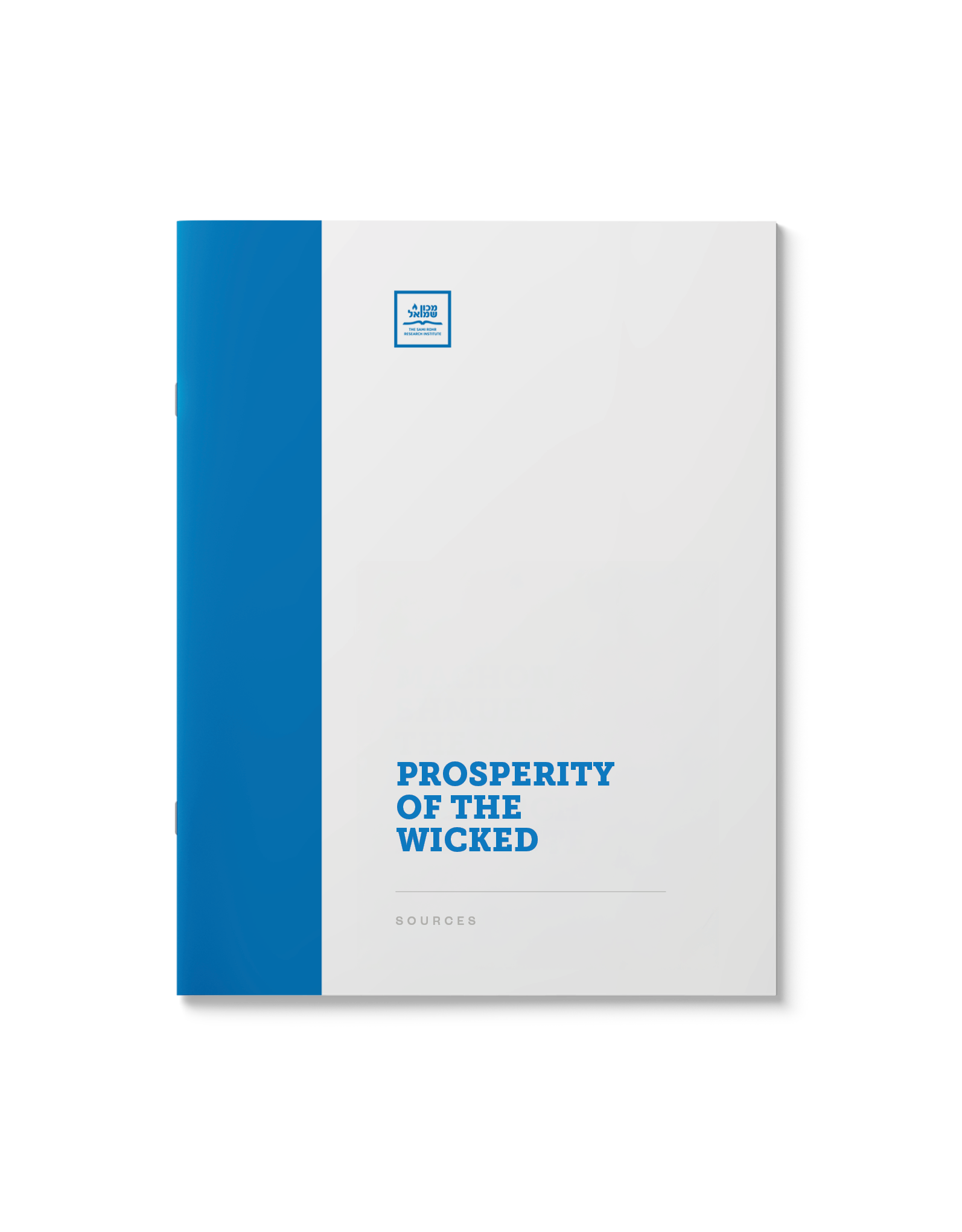
![Bones and Broomsticks: Sorcery in the Torah Part II [New!]](https://catalog.myjli.com/wp-content/uploads/2025/05/SAMSBAB-350x448.png)


